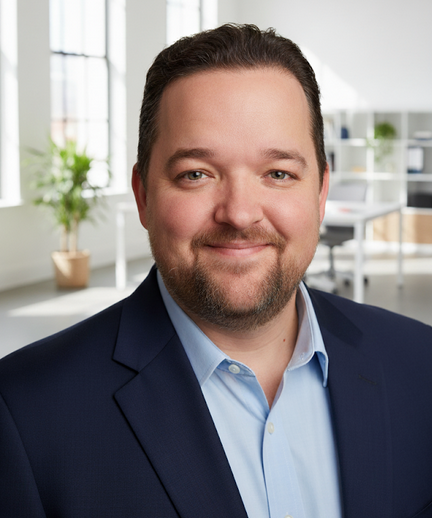The Science of Psychology and Neuroscience Accessible to you
If you have watched your money disappear into marketing material and ads, and nothing seems to work, City Connect Insights, wants to help. We believe the most powerful business tool isn’t money, status, or luck — it’s understanding how the mind works.
The largest companies in the world have spent billions to create effective branding and marketing campaigns based on the same scientific principles the MAC Thought Program can bring to you. .
The MAC Thought Program makes applied psychology and neuromarketing practical, approachable, and affordable — so that small business owners, solo entrepreneurs, and marketing professionals like you can use the same science-backed strategies that drive the world’s biggest brands.
We teach you how to ethically and effectively apply principles of Social Psychology, Behavioral Economics, and Cognitive Psychology to your branding and communication — helping you earn trust, inspire loyalty, and connect with people on a deeper, more human level.
A Community That Grows With You
What truly sets MAC Thought apart is how we work with you. You won’t learn in isolation — you’ll join a supportive team environment where collaboration, feedback, and growth go hand-in-hand.
Even after the course ends, our commitment continues. Through mentorship and ongoing consulting, we help you implement what you’ve learned, refine your strategies, and keep growing with confidence.
Our Philosophy
We empower you with the science and support that help you communicate better, market smarter, and grow with purpose.
Because when you understand how people think — and have a team that believes in your success — you don’t have to chase growth. You create it.
MAC Thought: Where psychology meets purpose
MarkAvery Claridge

MarkAvery is the founder and president of City Connect Insights. He is the Creator and Primary instructor of MAC Thought Program.
Tom Homestead

Meet Tom Homestead, our Vice President of Customer Relationships. During your MAC Thought classes, he’ll also be your classroom facilitator and main point of contact. If you have any questions, please don’t hesitate to reach out to him directly.
